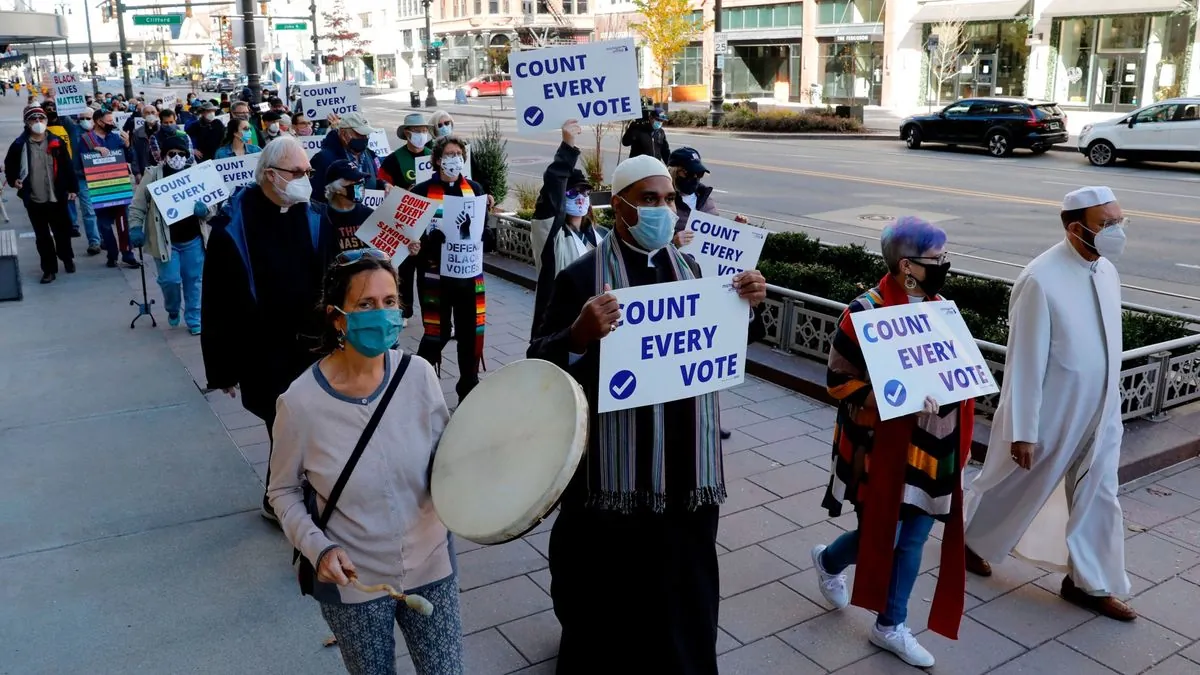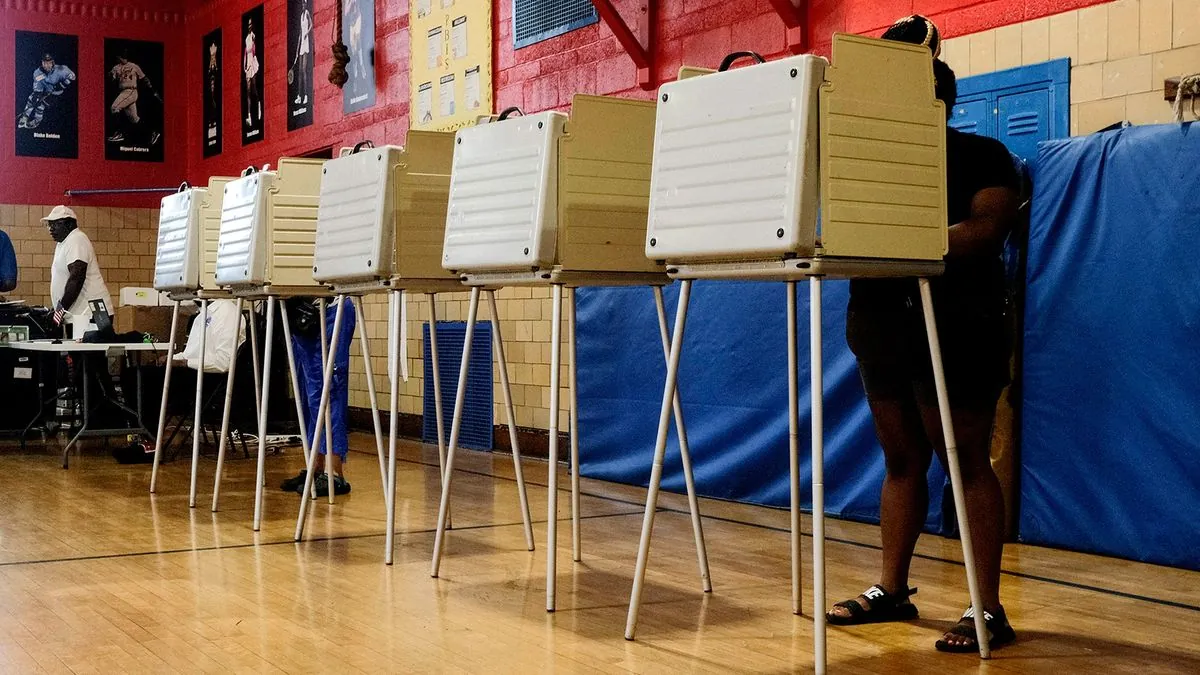Muslim Voters Shift Support in Key States, Potentially Impacting 2024 Election
Muslim voters in crucial battleground states are shifting support from Kamala Harris to third-party candidate Jill Stein, potentially influencing the 2024 presidential race. This change is driven by discontent over U.S. support for Israel's actions in Gaza.

In a significant shift that could impact the upcoming 2024 U.S. presidential election, Muslim voters in key battleground states are increasingly supporting third-party candidate Jill Stein over Vice President Kamala Harris. This change in voter sentiment, primarily driven by dissatisfaction with U.S. support for Israel's actions in Gaza, may prove crucial in determining the outcome of the election scheduled for November 5, 2024.
A recent poll conducted by the Council on American-Islamic Relations (CAIR) in August 2023 revealed surprising results in Michigan, a state with a substantial Arab American population. The survey showed that 40% of Muslim voters in Michigan backed Jill Stein of the Green Party, while only 12% supported Kamala Harris. Interestingly, Donald Trump garnered 18% support among Muslim voters in the state.

This trend extends beyond Michigan, with Stein leading Harris among Muslim voters in other battleground states such as Arizona and Wisconsin. These states, which Joe Biden narrowly won in 2020, have significant Muslim populations that could sway the election results.
"In Michigan, 40% of Muslim voters backed the Green Party's Stein. Republican candidate Donald Trump got 18% with Harris, who is President Joe Biden's vice president, trailing at 12%."
The shift in Muslim voter support is largely attributed to anger over U.S. backing of Israel's offensive in Gaza. This issue has become a focal point for many Arab-American and Muslim voters, who feel their concerns are not being adequately addressed by the current administration.
Jill Stein has capitalized on this sentiment by actively campaigning on the Gaza issue. Her platform includes calls for a permanent ceasefire in Gaza, an immediate U.S. arms embargo on Israel, and support for student movements advocating university divestment from weapons investments. These positions have resonated strongly with pro-Palestinian circles.
Meanwhile, the Trump campaign has been making concerted efforts to court Arab American and Muslim voters. The team has organized numerous events in key states like Michigan and Arizona, promising swifter peace negotiations than the current administration.
The potential impact of this voter shift should not be underestimated. In the 2020 election, Biden secured victory in several battleground states by narrow margins, partly due to support from Arab and Muslim voters. For instance, Biden won Michigan by 154,000 votes in 2020, a state where there are over 200,000 registered Muslim voters and 300,000 voters of Middle Eastern and North African descent.
As the election approaches, both the Harris and Trump campaigns will need to carefully navigate these shifting dynamics. The Muslim vote, though representing a small percentage of the overall U.S. population, could prove decisive in a close race, particularly in key battleground states.


































